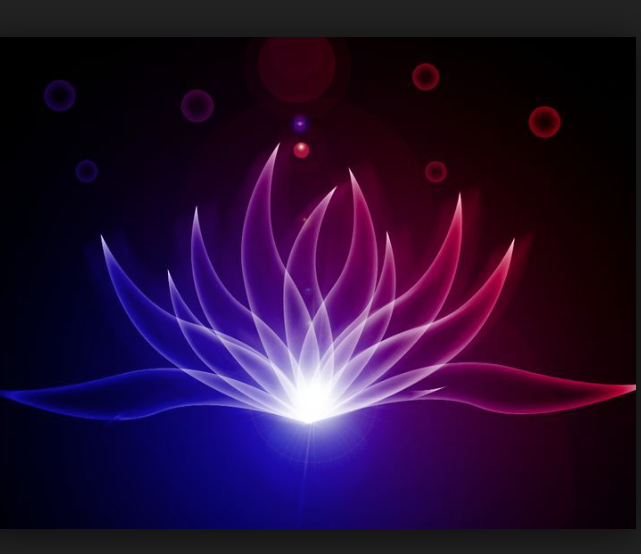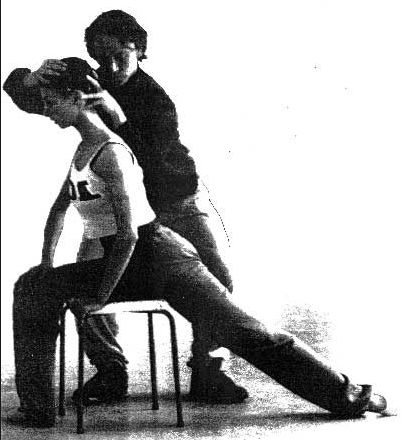Posts Tagged ‘Lundy Bamcroft’
Wounded Healer/ The Series
Disclaimer:
All content provided for PMA International’s Wounded Healer series is for informational purposes only. This content does not represent the PMA International organization as a whole or its members/supporters, state chapter leaders, international leaders, administrators, professional supporters and co-founders. PMA International makes no representations as to the accuracy or completeness of any information in the Wounded Healer series or found by following any link in the Wounded Healer Series. The responsibility is yours alone on how this information is used. IN NO EVENT SHALL PMA International BE LIABLE FOR ANY DIRECT, INDIRECT, INCIDENTAL, PUNITIVE, OR CONSEQUENTIAL DAMAGES OF ANY KIND WITH RESPECT TO THE informational material on the site.

What is a Wounded Healer?
A Wounded Healer is someone volunteering or working in the healing profession who is helping others but bleeding from their own wounds while they help.
According to Carl Jung the psychiatrist; a wounded healer must go through their wound. He explains that To go through our wound is to embrace and say “yes” to the mysteriously painful new place in ourselves where the wound is leading us. Going through our wound, we can allow ourselves to be re-created by the wound. Our wound is not a static entity, but rather a continually unfolding dynamic process that manifests, reveals and incarnates itself through us, which is to say that our wound is teaching us something about ourselves. Going through our wound means realizing we will never again be the same when we get to the other side of this initiatory process. Going through our wound is a genuine death experience, as our old self “dies” in the process, while a new, more expansive and empowered part of ourselves is potentially born (Wikipedia).
http://en.wikipedia.org/wiki/Wounded_healer
Wounded Healer; The Series/ Part 5
The Alexander Technique
In this part of the Wounded Healer, we explore the Alexander Technique as it applies to PTSD, anxiety, and stress
What is the Alexander Technique?
“The Alexander technique is a way of learning how you can get rid of harmful tension in your body.” Although not a full definition of the Alexander Technique, this is a good start.*
“The Alexander Technique is a way of learning to move mindfully through life. The Alexander process shines a light on inefficient habits of movement and patterns of accumulated tension, which interferes with our innate ability to move easily and according to how we are designed. It’s a simple yet powerful approach that offers the opportunity to take charge of one’s own learning and healing process because it’s not a series of passive treatments but an active exploration that changes the way one thinks and responds in activity. It produces a skill set that can be applied in every situation. Lessons leave one feeling lighter, freer, and more grounded.”
“The Alexander Technique is a method that works to change (movement) habits in our everyday activities. It is a simple and practical method for improving ease and freedom of movement, balance, support and coordination. The technique teaches the use of the appropriate amount of effort for a particular activity, giving you more energy for all your activities. It is not a series of treatments or exercises, but rather a reeducation of the mind and body. The Alexander Technique is a method which helps a person discover a new balance in the body by releasing unnecessary tension. It can be applied to sitting, lying down, standing, walking, lifting, and other daily activities…”
“The Alexander Technique is an intelligent way to solve body problems.”
– So begins an excellent article and introduction to the Technique.
To read more please visit this informative site, link below
http://www.alexandertechnique.com/at.htm

Alexander Technique online resources
Alexander On-Line
A Guide to Interactive Alexander Technique Resources on the Web
Alexander Technique Blogs and Social Media
Alexander Technique Blogs is a compilation of the very best of AT blogs from around the world, many of which are interactive.
In recent years, a number of Alexander Technique teachers and students have become active on Facebook and Twitter. You can search either Facebook or Twitter for “Alexander Technique” to see what’s available.
Here are a few suggestions:
The Complete Guide to the Alexander Technique Page on Facebook provides up-to-date information about the latest Alexander Technique developments from around the world.
Alexander Technique Global is a Facebook group for Alexander Technique teachers, students, and enthusiasts from all backgrounds.
Alexander Technique Worldwide is a Facebook group for Alexander Technique teachers and is not a public group..
Alexander Technique Blogs is a Facebook group that is a good place to see recent blog posts.
I like lying down in semi-supine is a Facebook group that lists information about and examples of Alexander Technique constructive rest.
http://www.alexandertechnique.com/at.htm
What is PTSD?
“Post-traumatic stress disorder (PTSD) is a mental health condition that’s triggered by a terrifying event — either experiencing it or witnessing it. Symptoms may include flashbacks, nightmares and severe anxiety, as well as uncontrollable thoughts about the event.
Most people who go through traumatic events may have temporary difficulty adjusting and coping, but with time and good self-care, they usually get better. If the symptoms get worse, last for months or even years, and interfere with your day-to-day functioning, you may have PTSD.
Getting effective treatment after PTSD symptoms develop can be critical to reduce symptoms and improve function.”
http://www.mayoclinic.org/diseases-conditions/post-traumatic-stress-disorder/home/ovc-20308548
What is anxiety?
Experiencing occasional anxiety is a normal part of life. However, people with anxiety disorders frequently have intense, excessive and persistent worry and fear about everyday situations. Often, anxiety disorders involve repeated episodes of sudden feelings of intense anxiety and fear or terror that reach a peak within minutes (panic attacks).
These feelings of anxiety and panic interfere with daily activities, are difficult to control, are out of proportion to the actual danger and can last a long time. You may avoid places or situations to prevent these feelings. Symptoms may start during childhood or the teen years and continue into adulthood.
Examples of anxiety disorders include generalized anxiety disorder, social anxiety disorder (social phobia), specific phobias and separation anxiety disorder. You can have more than one anxiety disorder. Sometimes anxiety results from a medical condition that needs treatment.
Whatever form of anxiety you have, treatment can help.

To learn about how the Alexander Technique can help with PTSD and anxiety. Listen to the Podcast below-
Becca Ferguson, an Alexander Technique teacher in Urbana and Chicago, Illinois talks with Robert Rickover about the role the Alexander Technique in helping people with PTSD release the physical tensions that are a part of this condition. Becca’s website: mindfulat.com Robert’s website: alexandertechniquenebraska.com More information about the Alexander Technique: alexandertechnique.comhttp://bodylearning.buzzsprout.com/382/50982-how-the-alexander-technique-can-help-people-with-post-traumatic-stress-disease-ptsd
alexandertechnique.comhttp://bodylearning.buzzsprout.com/382/50982
PMA International; Love Letters To Our Children Campaign- “Missing You”
Another original Love Letter from a PMA International member Hero Protective Mother to her precious child. Thank you L.D for your contribution to our ” Love Letters To Our Children” Campaign. We value your participation. Much love to you.
PMA International “Love Letters To Our Children”
https://protectivemothersalliance.wordpress.com/love-letters-to-our-children/


